2016
POSTDOCTORAL FELLOWSHIPS
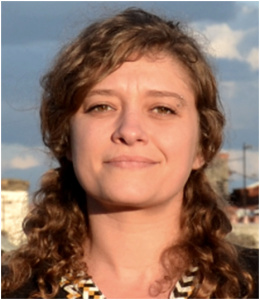 |
Marion Cousin will receive a D. Kim Foundation Postdoctoral Fellowship for the 2016-2017 academic year. The title of her project is, “On the Stabilization of Japanese Geometry Teaching: the Introduction of Modern Mathematical Language and Logical Reasoning during the Meiji Era and Their Evolution during the 20th Century.” This book project will add a vital piece to the historiographical puzzle around Japan’s model modernization that has deservedly attracted so much interest from historians and economists alike. It will also show unique aspects of the history of Japanese scientific culture that are not only of interest to historians of mathematics but also to general historians, linguists, philosophers, and teachers, as the mathematical content is quite accessible. |
 |
Chunghao Pio Kuo will receive a D. Kim Foundation Postdoctoral Fellowship for the 2016-2017 academic year. The title of his project is, “Animal Matters: Epidemic Diseases, Public Hygiene, and Food Safety in China (1700-1950).” By incorporating both animal-related technology and food science from Western countries, he will first explore how Chinese learned Western medical knowledge and animal-rearing technology to improve the treatment of animals’ epidemic diseases. He will argue that the establishment of public hygiene in modern China was closely associated with debates about animal-slaughtering issues ranging from slaughtering methods to religious taboos. He will also examine how the establishment of food safety in modern China benefited from the innovation of food science in nineteenth-century Europe including food-preservation, germ-sterilization, and innovative dietary techniques. |
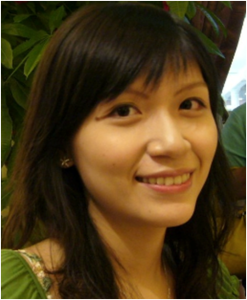 |
Shing-Ting Lin will receive a D. Kim Foundation Postdoctoral Fellowship for the 2016-2017 academic year. The title of her project is, “Manuals, Forceps, and Operation Rooms: Writing a History of Practice on Western Medicine for Women in China, 1850s-1930s.” This project intends to offer new perspectives on the history of Western medicine for women in China by illuminating broad trends through a narrow focus on one single institution: the Hackett Medical Complex in the southeast treaty-port city of Canton (Guangzhou). Combining historical analysis, techno-scientific studies, and material culture studies, it will try to locate the prescriptive and normative discourse of Chinese women doctors in a landscape of practice. She will also suggest that the professional nature of women’s medicine in late nineteenth-and early twentieth-century China relied more on technological skills than socio-political public-ness. |
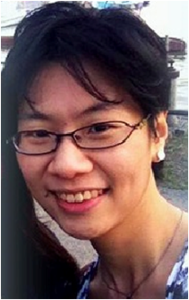 |
Shi-Lin Loh will receive a D. Kim Foundation Postdoctoral Fellowship for the 2016-2017 academic year. The title of her project is, “Making and Managing Radiation, Medicine, and Health in Japan After 1945.” The project aims to shed light on the Japanese context in which the concept of “health” became a foundational part of radiation science and technology. It also postulates that medical radiology played a key role in distinguishing “good” and “bad” radiation during the introduction of nuclear power into Japan. By critically examining the discourses on radiation and health that emerged locally and internationally during the Cold War period, she would like to contextualize contemporary public perceptions on these issues after the Fukushima crisis. |
DISSERTATION FELLOWSHIPS
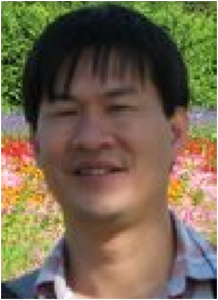 |
Li-Chung Cheng will receive a D. Kim Foundation Dissertation Fellowship for the 2016-2017 academic year. The title of his dissertation is, “Contesting Body/Health-Environment Nexus: Discipline Building, the Epistemic Coalition, and the Institutional Change in Postwar Taiwan.” It aims to address a question that challenges most developmentalist states in transformation: Facing the challenge of the rise of massive grassroots antipollution protests, how can the state continuously pursue its developmentalism after a democratic transition when political repression is no longer an option? To tackle the question, he proposes “political-epistemic regime” to examine the ways in which environmental health risks are re-conceptualized and how certain claims of health impairment are delegitimized to defuse potential conflicts under different epistemic and political arrangements.Traveling and Research Grants |
TRAVELING AND RESEARCH GRANTS
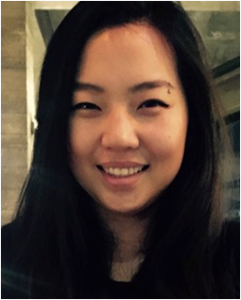 |
Kyuri Kim will receive a D. Kim Foundation research/travel grant for the 2016-2017 academic year. Her project aims to trace the history of tuberculosis management policy in South Korea since 1945, and to demonstrate the ways in which disease frames and motivations for managing tuberculosis have shifted and affected the design and implementation of policy. She intends to travel to the WHO archives in Geneva, Switzerland, during the summer of 2016, and to attend the Eight Joint Meeting of the BSHS, CSHPS and HSS in Canada in 2016. |
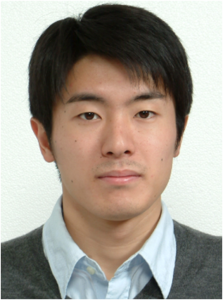 |
Kazushi Minami will receive a D. Kim Foundation research/travel grant for the 2016-2017 academic year. His research examines the role and impact of Sino-American scientific exchange between 1971 and 1979, when hundreds of American and Chinese scientists flew across the Pacific mostly as part of bilateral exchange programs. Using a wide range of archival sources and published materials in China and the United States, the research will reveal how China’s science policy and Sino-American scientific exchange facilitated each other before China’s scientific renaissance. He intends to visit several archives in the US during the summer of 2016. |
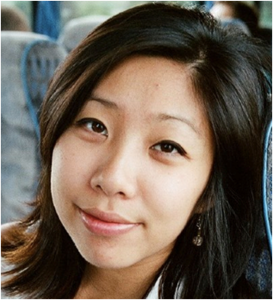 |
Cindy Anh Nguyen will receive a D. Kim Foundation research/travel grant for the 2016-2017 academic year. Her project examines the cultural and political history of libraries and library science in Vietnam from 1887 to 1986. She will examine library reports, correspondence, library science manuals and journals, and records of book lending, purchases, and circulation. She will also examine newspapers, memoirs, and demands from readers during the colonial and post-colonial periods to demonstrate the changing communities and influence of readers in Hanoi and Saigon. She intends to use resources in paper and microfilm form in Vietnamese libraries and archives. |
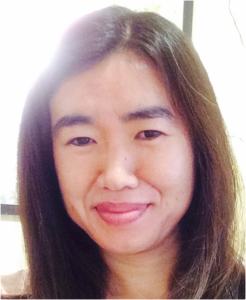 |
Jeannie N. Shinozuka will receive a D. Kim Foundation research/travel grant for the 2016-2017 academic year. Her research project on “Japanese Invasions and U.S. Biological Nativism: Constituting Race through Transnational Public Health and Agriculture, 1889-1950” explores the American responses to Japanese plant, insect, and human bodies. This book project focuses on a host of policies instituted as early as the 1880s, continuing well into the mid-twentieth century, and examines how those measures transformed American horticulture and agriculture while at once reflecting and shaping the racialization of the Japanese and Asians more largely in America. She intends to visit Japan for the presentation and research. |